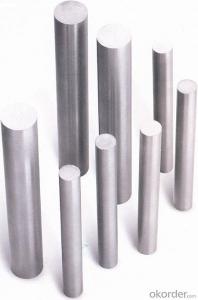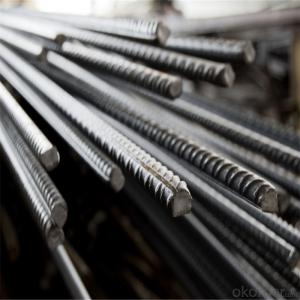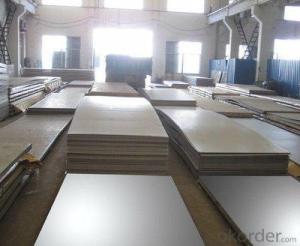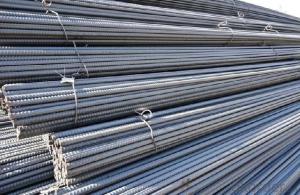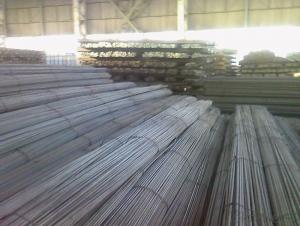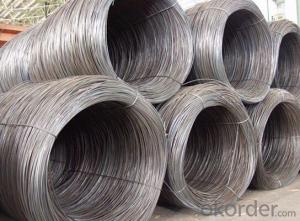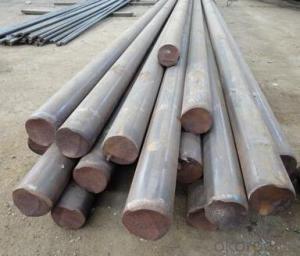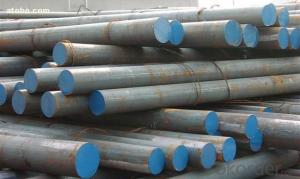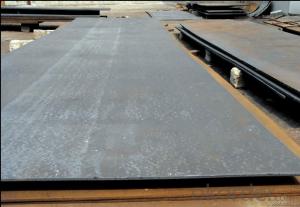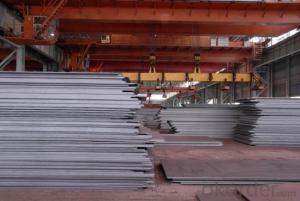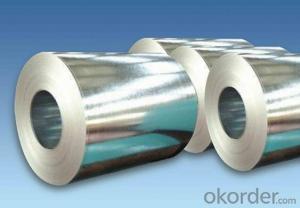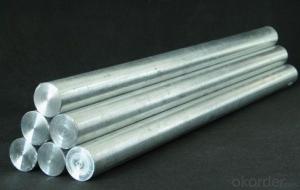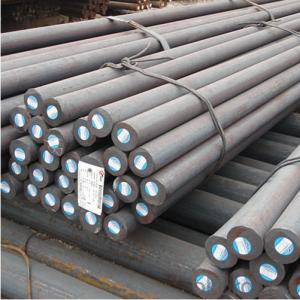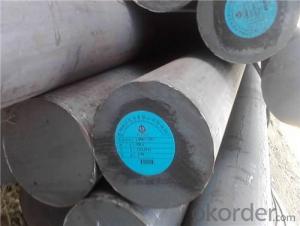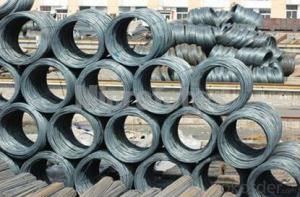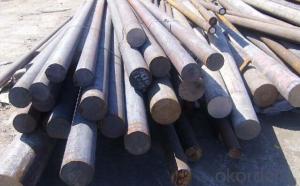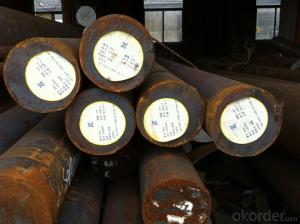All Categories
- - Steel Wire Rod
- - Steel Coils
- - Steel Profiles
- - Steel Pipes
- - Stainless Steel
- - Tinplate
- - Special Steel
- - Steel Sheets
- - Steel Rebars
- - Steel Strips
- - Hot Rolled Steel
- - Cold Rolled Steel
- - Pre-painted Steel
- - Seamless Steel Pipe
- - Welded Steel Pipe
- - Hollow Steel Tubes
- - Galvanized Pipe
- - Stainless Steel Coil
- - Stainless Steel Sheet
- - Stainless Steel Plate
- - Stainless Steel Strips
- - Electrolytic Tinplate Coil
- - Electrolytic Tinplate Sheet
- - Stainless Steel Rebars
- - Solar Panels
- - Solar Water Heater
- - Solar Related Products
- - Solar Inverter
- - Solar Cells
- - Solar Light
- - Solar Energy Systems
- - Solar Controllers
- - Solar Mounting System
- - Solar Pump
- - Solar Chargers
- - Fiberglass Chopped Strand
- - Fiberglass Mesh Cloth
- - Composite Pipes
- - FRP Pultrusion Profiles
- - Fiberglass Mat Tissue
- - Fiberglass Fabrics
- - Fiberglass Mesh
- - Composite Tank
- - Fiberglass Mesh tape
- - Polymer
- - FRP Roofing Panel
- - Fiberglass Roving
- - Monolithic Refractories
- - Ceramic Fiber Products
- - Refractory Bricks
- - Raw Materials For Refractory
- - Suspended Platform
- - Cranes
- - Concrete Machinery
- - Earthmoving Machinery
- - Building Hoist
- - Road Building Machinery
- - Plastic Pipe Fittings
- - Plastic Tubes
- - Plastic Sheets
- - Agricultural Plastic Products
- - Plastic Nets
 All Categories
All Categories
Q & A
How is special steel used in the manufacturing of components for deep-sea exploration and submersibles?
Special steel is used in the manufacturing of components for deep-sea exploration and submersibles due to its exceptional strength, corrosion resistance, and ability to withstand high pressure. These components include hulls, propellers, pressure vessels, and various structural elements, which are crucial for withstanding extreme conditions found in deep-sea environments.
What characteristics make stainless steel suitable for various industries?
Stainless steel possesses several characteristics that make it highly suitable for various industries. Firstly, its corrosion resistance ensures durability and longevity, making it ideal for applications in industries such as construction, automotive, and marine. Secondly, its high strength-to-weight ratio allows for the creation of lightweight yet robust structures, making it popular in aerospace and manufacturing industries. Additionally, stainless steel's heat and fire resistance make it valuable in industries where high temperatures are involved, such as the energy and chemical sectors. Moreover, its hygienic properties and ease of cleaning make it a preferred choice in industries like food processing and healthcare. Finally, stainless steel's aesthetic appeal, versatility, and recyclability further contribute to its suitability across a wide range of industries.
Can you elaborate on the techniques used for non-destructive testing of special steel?
Non-destructive testing (NDT) techniques for special steel involve various methods to assess the integrity and quality of the material without causing any damage. These techniques include visual inspection, ultrasonic testing, magnetic particle testing, liquid penetrant testing, radiographic testing, and eddy current testing.
Visual inspection involves a thorough visual examination of the steel surface to identify any visible defects or anomalies. Ultrasonic testing utilizes high-frequency sound waves to detect internal flaws, such as cracks or voids, by measuring the time taken for sound waves to reflect back. Magnetic particle testing uses the principle of magnetic fields to identify surface and near-surface defects in the steel. Liquid penetrant testing involves the application of a liquid dye that seeps into surface defects, revealing any discontinuities when excess dye is removed.
Radiographic testing employs X-rays or gamma rays to produce images of the steel, allowing the detection of internal defects or inconsistencies. Eddy current testing utilizes electromagnetic induction to evaluate the electrical conductivity and magnetic properties of the steel, detecting surface and near-surface defects.
Each technique has its advantages and limitations, and the selection of a specific method depends on the type of defect being sought, the size and shape of the steel, and the required sensitivity. By utilizing these non-destructive testing techniques, special steel can be thoroughly examined to ensure its quality, integrity, and adherence to applicable standards and specifications.
What are the challenges in recycling special steel?
One of the main challenges in recycling special steel is the complex composition of these materials. Special steels often contain a variety of alloying elements, such as chromium, nickel, and molybdenum, which can make the recycling process more difficult. These alloying elements can change the properties of the steel, making it harder to determine the appropriate recycling methods and techniques. Additionally, special steels may have specific heat treatment processes that need to be considered during recycling, further complicating the process. Overall, the challenges in recycling special steel lie in understanding its composition, identifying the appropriate recycling techniques, and ensuring that the resulting recycled steel maintains its desired properties.
Wholesale Special Steel from supplier in Netherlands
We understand the unique needs of our customers in the Netherlands and strive to exceed their expectations. Our team of experienced professionals is committed to delivering high-quality products and services, ensuring timely delivery and competitive pricing.
At our facility, we stock a wide range of Special Steel products, including alloy steel, tool steel, stainless steel, and carbon steel. Our products are sourced from reliable manufacturers and undergo strict quality control measures to ensure their durability and performance.
In addition to supplying Special Steel, we also provide value-added services such as cutting, machining, and heat treatment. Our technical support team is available to assist customers with product selection, application guidance, and troubleshooting.
We understand the importance of efficient procurement processes for our customers, and therefore, we offer comprehensive sales and quotation services. Our dedicated sales team is available to discuss customer requirements, provide product information, and offer competitive pricing.
As a subsidiary platform of CNBM, a Fortune Global 500 company, we have access to a vast network of resources and expertise. This enables us to provide our customers with the best solutions for their Special Steel needs.
Whether you require Special Steel for construction, manufacturing, or any other industry, we are here to meet your requirements. Contact us today to learn more about our products and services and how we can assist you with your Special Steel procurement needs.
At our facility, we stock a wide range of Special Steel products, including alloy steel, tool steel, stainless steel, and carbon steel. Our products are sourced from reliable manufacturers and undergo strict quality control measures to ensure their durability and performance.
In addition to supplying Special Steel, we also provide value-added services such as cutting, machining, and heat treatment. Our technical support team is available to assist customers with product selection, application guidance, and troubleshooting.
We understand the importance of efficient procurement processes for our customers, and therefore, we offer comprehensive sales and quotation services. Our dedicated sales team is available to discuss customer requirements, provide product information, and offer competitive pricing.
As a subsidiary platform of CNBM, a Fortune Global 500 company, we have access to a vast network of resources and expertise. This enables us to provide our customers with the best solutions for their Special Steel needs.
Whether you require Special Steel for construction, manufacturing, or any other industry, we are here to meet your requirements. Contact us today to learn more about our products and services and how we can assist you with your Special Steel procurement needs.
